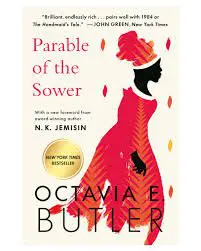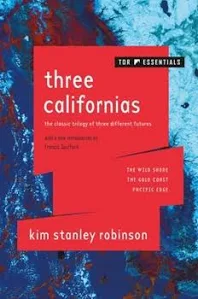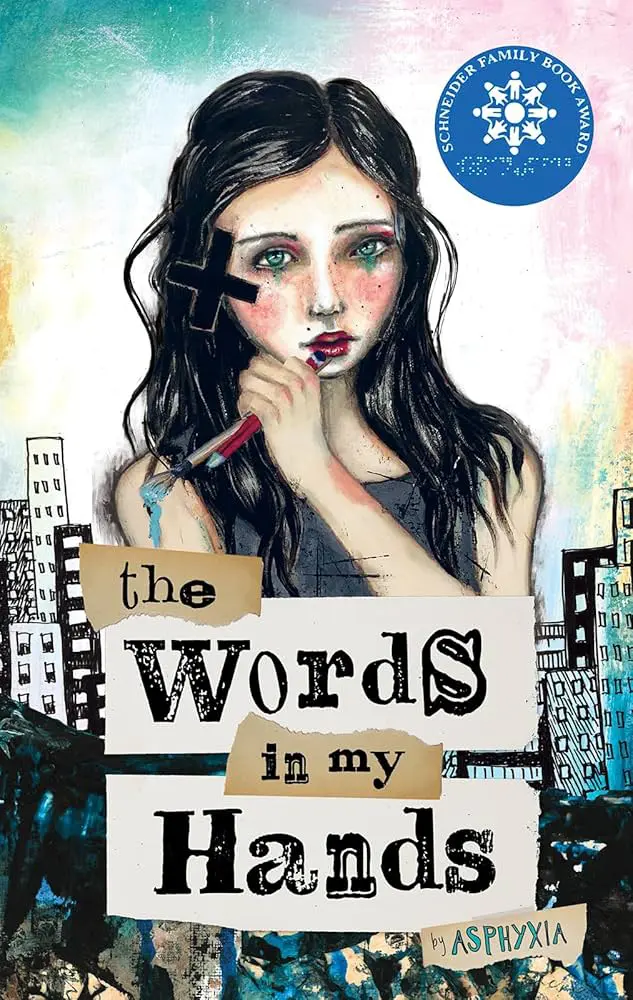Program Updates: Language Arts and Latin – April 2025

LANGUAGE ARTS
Grade 6 (Cilla)
Sixth graders are building the foundations for their five paragraph literary essay. Last week they explored thematic topics in the novel One Crazy Summer, such as sisterhood, prejudice, childhood or identity. They chose one topic to investigate and have been reading and rereading the novel, gathering a list of passages relevant to that topic.
This week they are analyzing one of these passages using a 4 step graphic organizer that will help them organize and compose a body paragraph. Once they have written two body paragraphs, they will be primed to recognize nuanced patterns in the evidence and compose a thesis statement.
The process of gathering related evidence in our all-class novel is very similar to their second semester choice book project. They are looking for a literary motif, interpreting its significance in three instances, and composing a theme statement. The serious work they are tackling in this unit is preparing the 6th grade for the literary essays they will write in 7th and 8th grade.
Grade 7 (Lisa)
Welcome to the penultimate language arts update of the year!
Your seventh-grade students kicked off our figurative language and poetry unit with a series of exercises in which they practiced how to closely read a short text for school. For these activities, we used an academic definition of a text: “If we can look at something, explore it, find layers of meaning in it, and draw information and conclusions from it, we’re looking at a text.”
To ground ourselves in a “text” that was really juicy and engaging to work with, we started off “reading” Kendrick Lamar’s Super Bowl halftime performance in the manner one might read a poem. We started with the title and artist–what do we already know about the artist or context before diving into the “text”? As we watched/”read” the performance for the first time, students were asked to just pay attention to what stood out for them. What did they think the text/performance was about after the first watching? We then went deeper into the text/performance through additional focused reviews/”rereadings”: looking for patterns, noticing shifts in tone, spending time with potential symbols, and analyzing for themes. To conclude, we revisited the question, “What is this text about?” Your students went deep and engaged in some impressive analytical thinking!
We then went on to look at figurative language in song lyrics, reviewing the definitions of various forms of poetic language and practicing making meaning of metaphors, personification, allusions, and more. Currently, they are winding up the unit by writing a paragraph (or challenge mini-essay!) about how figurative language contributes to the impact of the storytelling or tone of a song of their choice.
Seventh grade will finish out their year with choice text book clubs and a final project related to their book.
Grade 8 (Lisa)
Our climate fiction unit has allowed eighth-graders to practice taking on more challenging texts, which tends to force students to slow down and move beyond reading “just” for plot points and to make a conscious effort to notice “signposts” in their texts: flashbacks, moments of contradiction, repeated motifs/words/themes, characters’ “a-ha!” moments or the big questions they ask themselves, “words of the wiser,” etc. Looking for these specific moments requires students to pause, ask deeper questions of the text, and derive more meaning from their reading.
For the text themselves, students had their choice of three options: The Parable of the Sower by Octavia Butler, a novel from the trilogy Three Californias by Kim Stanley Robinson, or The Words in my Hands by an Australian writer/artist/activist who uses the pen name Asphyxia. My goal with these texts was not to wallow in doom and despair, but to engage student imaginations toward a future that involves collective action and care, no matter what comes to pass. In addition to reading and discussing texts in a book club setting, students also practiced reading and annotating non-fiction articles, writing letters to the editor, and presenting information quickly and concisely in the form of “lightning talks” on various climate-related issues and solutions/mitigation strategies. Ask your student about which climate crisis-related issue they chose to speak about last week and what they learned from their research.
Eighth graders’ final project in Language Arts will be graduation speeches. Although speaking at graduation is optional, every student writes a speech and will share at least part of their composition with their peers during our last days of class. It is a wonderful opportunity for our young people to look back on their three years at Explorer West and reflect on how they’ve grown and on the events and people that have made their time here special.



LATIN
Grade 7 (Cilla)
Earlier this month seventh graders designed an art project, drawing from the wide variety of creative categories offered at the Cascadia JCL convention. Some are designing a costume, others are making digital or hand-drawn art, baking a honey cake, practicing Latin pronunciation with this year’s Dramatic Interpretation passage, creating comics, crocheting, embroidering or making jewelry with a Latin motto. This Wednesday, we will have a chance to share and celebrate each other’s projects with a gallery walk.
Aside from projects, students are reading stories in Chapter 11 detailing Sabina’s nine-day journey from Rome to Arles on a merchant ship. They are learning about the dangers of sea travel: pirates and storms. This chapter introduces the genitive case, the possessive form of the noun. Students are now encountering five different noun cases in our readings. This makes for richer sentences, but takes some getting used to.
Using a digital drawing app, Rae captured the emotional moment Midas’s daughter turns to gold:

